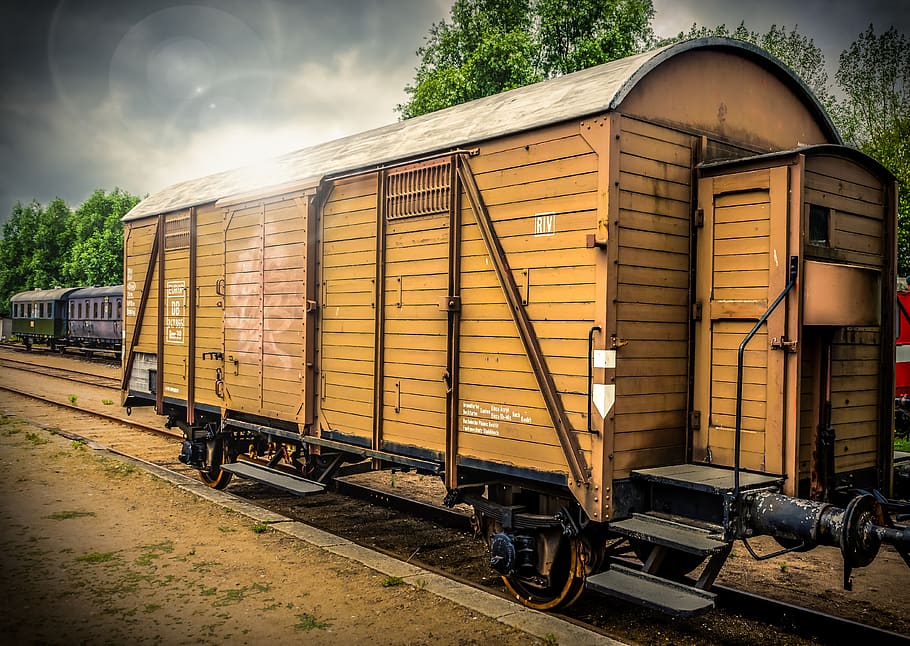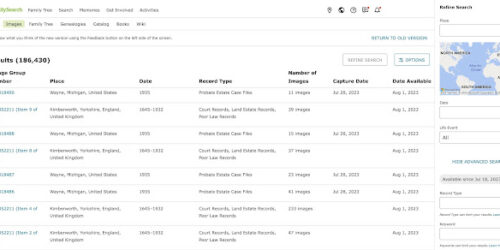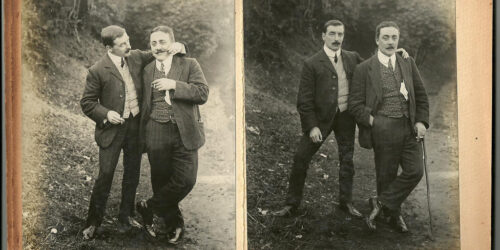Reviewing Your Memories
Recently I had an interesting experience with several family members (names changed in this article) that reminded me of the importance of reviewing family history memories from time to time. As I ate lunch with my daughter Anna one day, she told me that she had found an old email from my brother Max about my parents. She began relating some incidents from their lives that she read in the email, and I remembered them fondly. What I didn’t remember was the email from Max, and what Anna referred to as a 30-page letter from my dad to my sister Rose.
We chatted a while about my dad’s experiences during the Great Depression, where he actually hopped on railroad cars and traveled from city to city looking for work. One of the temporary jobs he found was being a pinsetter in a bowling alley. He would wait at the end of the lane and quickly gather and set up pins that were knocked down by the bowlers. I thought about the current pandemic and the economic trials that it is causing, as I remembered the trials my dad went through, with many others in the country.

After the lunch, I had the chance to reflect on some key learnings about memories—ones that may seem obvious, but are certainly worth thinking about and practicing:
- Memories can be an important trigger for family history enjoyment and involvement. Anna mentioned that she had never really been big on filling out group sheets and pedigree charts, but reading stories about her grandparents definitely made an impression on her. And we never know the impact that certain memories of our ancestors may have on generations to come.
- Don’t assume that because you read a story once, you’ll remember all the details. As I later went back over some of the memory items that Anna referred to, I enjoyed a renewed connection with events and descriptions in the lives of my parents. This continued sense of appreciation is vital for all of us: it helps us join our generations together.
- Keep others in the loop on where to find items. It’s easy to think, “Oh, everyone has heard that story” or “Everyone knows where to find that photo”. Share photos, stories, and documents, and upload them to a common site such as FamilySearch Memories, Ancestry, Google Photos, etc.
- Record your memories. While my dad was not thrilled about the trials he had to go through in the Depression years, he still took the time to write down his personal experiences. In family lines where ancestors recorded little or nothing about their lives, we have a much harder time filling in the tapestry of who there were.
For more ideas on gathering, preserving, and sharing memories, see Project 2: Memories in The Family History Guide.





